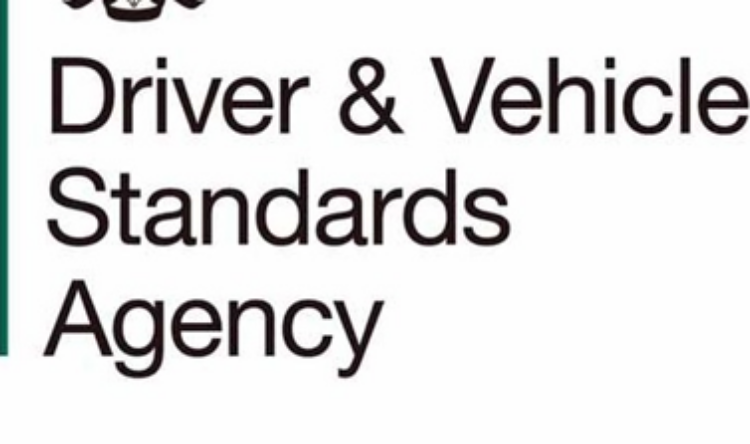Time is money
Understanding the true values of the different aspects of your life is essential if you want to reap the profits
Nearly 2,500 years ago in Ancient Greece, a famous public speaker named Antiphon claimed that “the most costly outlay is time.”
Time is our most precious commodity, so how we spend it in pursuit of our goals is absolutely vital. How we balance the use of our time between business and pleasure is an individual choice, but one thing we can all agree upon is that it shouldn’t be wasted.
A Wind Up
In terms of our business, it stands to reason that we would want to maximise the time we spend earning and minimise time spent on other ‘supporting’ tasks that don’t directly generate income, such as travelling between bookings, record-keeping, car maintenance, marketing and customer communications. But all these tasks are absolutely necessary in the running of your business: you have to travel between lessons; you have to keep records; you have to speak with your customers to organise lessons, arrange payments etc; you need to market your business, not to mention clean your car, go to the bank and perhaps complete some training or CPD etc. The key is to find ways to reduce the time you spend on these areas of your business that are not directly revenue generating. That doesn’t mean neglect them, or do a lesser job of them, it means doing them more efficiently, even if it means having to spend a little to gain more.
Analogue
The first thing you need to do is value your time. You need to recognise that all of your available time during the day is worth your hourly rate; not just the time you spend delivering tuition. Every hour that passes that you’re not teaching, but could be, is an ‘opportunity cost’ to your business, so it’s important to minimise this time. Opportunity cost is the lost opportunity to do other things when you choose to do something. As an example, if you choose to accept cash or cheque from your customers, you then have to spend time banking it, so decreasing your capacity to earn more from teaching. It’s time when your competitors generate income because they only accept bank transfers or card payments. Most ADIs don’t value this ‘other’ time and dismiss it without thought, only thinking of lesson time in monetary terms. If that’s you, it’s time to change that mentality. The more time you have available to teach, the more you can earn. You need to value all your time. For example, travelling between lessons has a value because without doing it, you cannot start a lesson. However, if you reduced your travelling time by being mindful of drop-off and pick-up locations, you’d reduce the time and fuel cost. If you delivered three two-hour lessons each day, instead of six one-hour lessons, that’s four journeys per day rather than seven!
Digital
When it comes to admin, utilising clever software that does work for you, rather than manually labouring with a pen and paper will save you hours that could be better spent delivering more lessons and earning, or relaxing and recharging with your family. Instead of toiling with Google Adwords, or spending hours in the evenings cobbling together a website, what if you invested some money in a professional solution with ongoing SEO and PPC management? Pupil searching and marketing time is cut; you just convert the generated leads and deliver those extra lessons and earn more. Or, why not pay for someone else to handle the calls and emails for you, so you can literally just focus on delivering the actual tuition? The job only you can do!
Sun Dials
And there’s the rub; thinking like a business, not a cost-oriented individual. Spending small sums on efficiency services means you can spend more time earning larger sums. Less time spent on menial tasks is a wise investment, gaining real value in return. If I told you that spending £50 per month would free up an additional 10 hours of time for delivering tuition, thus earning you an additional £250, would you focus on the £50 cost, or the £200 value it generates? Time is valuable, so spend it wisely. Analyse your use of time and ask yourself; is this the best use of my most valuable resource? However, don’t forget that time off and rest time isn’t wasteful, it’s an essential ingredient and investment in the life you are working to provide for.






